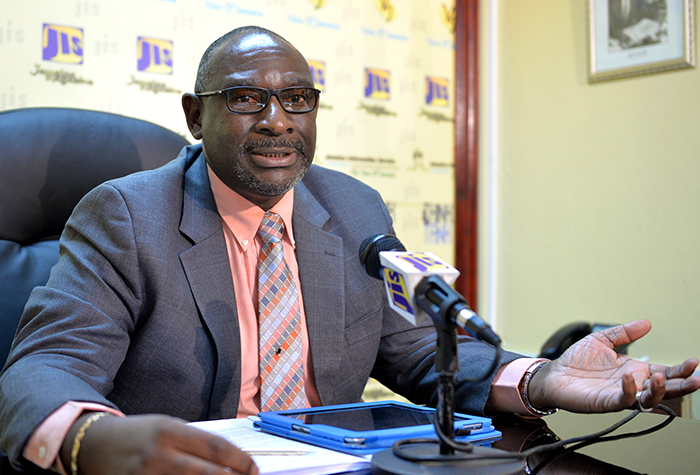Employers Have Legal Obligation to Facilitate Whistle Blowing
By: , March 19, 2016The Key Point:
The Facts
- The Protected Disclosures (Whistle Blower) Act, 2011, encourages disclosures regarding improper conduct in the interest of the public.
- Speaking at a JIS Think Tank on March 16, Secretary/Manager of the Commission, David Grey, informed that each organisation is required to name a designated officer to whom disclosures are made.
The Full Story
The Commission for the Prevention of Corruption is reminding heads of public sector agencies and employers in the private sector that they have a legal obligation to facilitate employee whistle-blowing.
The Protected Disclosures (Whistle Blower) Act, 2011, encourages disclosures regarding improper conduct in the interest of the public.
Speaking at a JIS Think Tank on March 16, Secretary/Manager of the Commission, David Grey, informed that each organisation is required to name a designated officer to whom disclosures are made.
“The Act requires, among other things, that agencies develop procedures and appoint a designated officer for the purpose of receiving and undertaking investigation and reporting to the employer by way of forwarding reports to the designated authority,” he said.
Mr. Grey said that all employees should know the designated officer in their entity. The designated authority should be selected on the basis that he or she has sufficient authority to undertake the role, is confidential, and is at a sufficiently senior level to act without fear.
“The information given should be kept confidential, which is the main reason for a designated officer, who is integral to ensuring that the name of the informant is protected,” he noted.
Mr. Grey explained that the employee should first make the disclosure to the designated officer, who will note the information, undertake the investigation, and report to the head of the organisation in addition to the individual, who made the disclosure.
A report on the investigation process is to be made every 30 days.
“In the event that the disclosure is against the Chief Executive Officer (CEO) or head of the organisation, the informant is at liberty to report directly to the Commission,” Mr. Grey informed, “especially if they believe the information is of such a nature that it can be destroyed.”
The Secretary/Manager assured that the legislation provides protection for persons making disclosures.
“The Act affords protection in relation to occupational detriment, in which the employee cannot be fired or terminated,” he pointed out, noting that any such case would be dealt with by the Ministry of Labour and Social Security.
“If someone is fired for disclosing information, the action would have to be rescinded because they would have been unfairly and unjustifiably dismissed or the employer would have to prove that the dismissal was for some act other than the informant having made the disclosure,” he pointed out.
Occupational detriment under the Act provides protection against harassment, victimisation, demotion, suspension or slanderous treatment.
Mr. Grey also explained that there are mechanisms in place to protect witnesses. In cases where the whistle-blower is threatened, the Commissioner of Police will do an assessment to decide if the person should be placed in the witness protection programme.
Mr. Grey lauded the public and private sector entities that have a whistle-blower mechanism in place. He is urging those entities to report all cases to the Commission so they can be properly recorded and monitored.
Mr. Grey noted that the Whistle Blower Act is in keeping with Jamaica’s obligation under the United Nations convention against corruption.
“The Convention requires that signatories set up systems to deal with the matter of the perception of corruption, access to information and whistle-blowing legislation. This is another step in the whole signatory process,” he noted.


